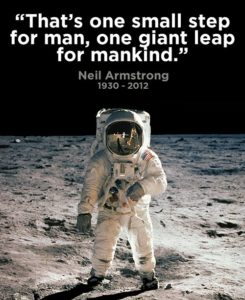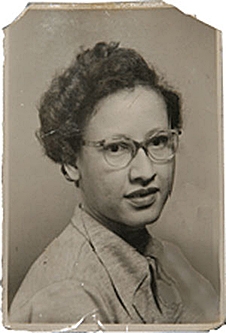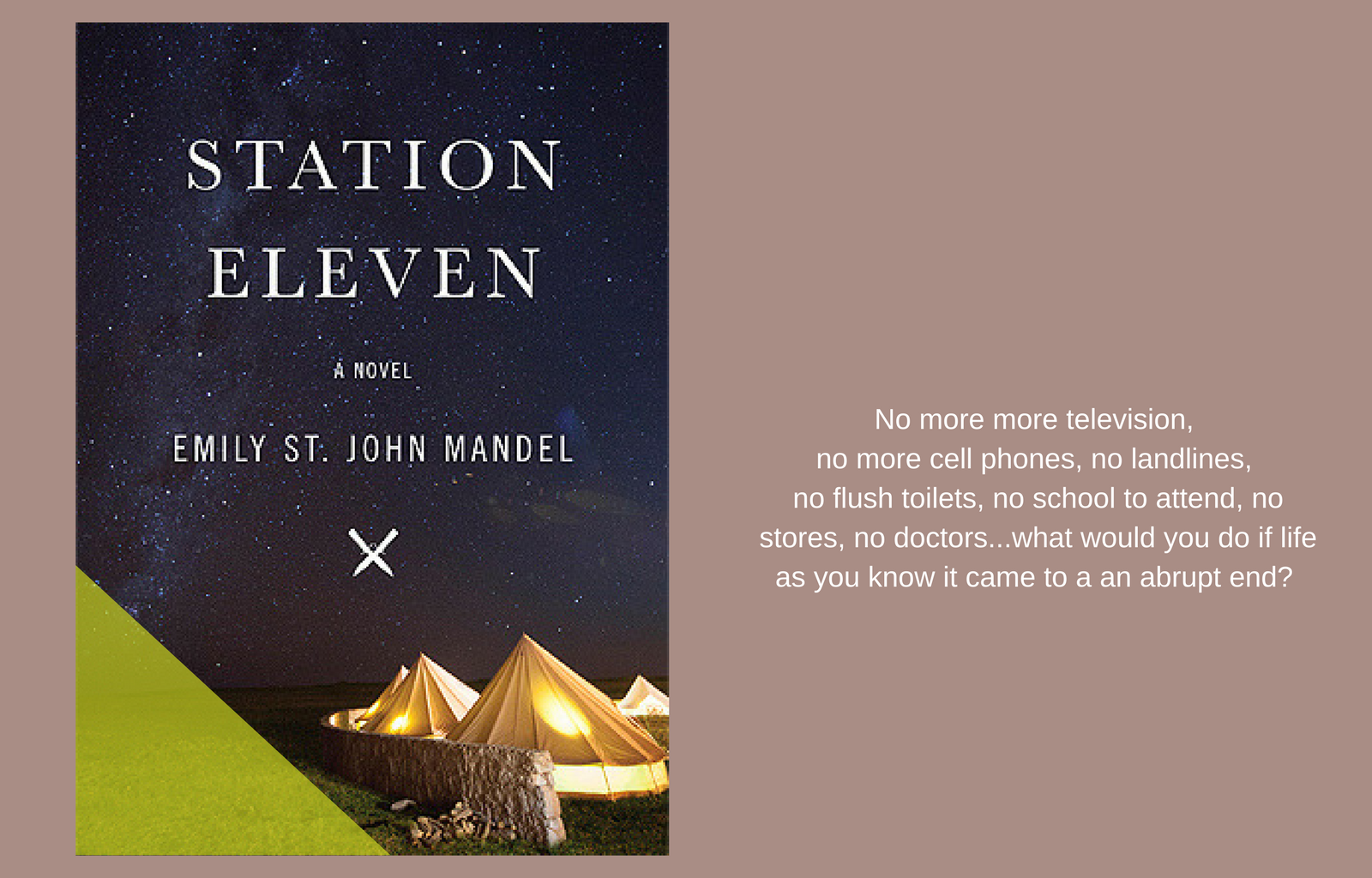That First Small Step
 I recently took my husband and two of my daughters to see Hidden Figures. The story of these women mathematicians inspired my husband to go out and buy the nonfiction book on which the movie is based. His report is that the movie goes way beyond the more grounded details of the real-life story. But I find myself thinking about how, fictionalized, dramatized, whatever it is that movies do in order to jump from “based on a true story” to the big screen, I was perfectly satisfied. I loved the movie and I found the main character–based on the real life person–of Katherine Johnson to be…well, epic. (And, reading about her on-line to make this post, I’m still blown away by her accomplishments.)
I recently took my husband and two of my daughters to see Hidden Figures. The story of these women mathematicians inspired my husband to go out and buy the nonfiction book on which the movie is based. His report is that the movie goes way beyond the more grounded details of the real-life story. But I find myself thinking about how, fictionalized, dramatized, whatever it is that movies do in order to jump from “based on a true story” to the big screen, I was perfectly satisfied. I loved the movie and I found the main character–based on the real life person–of Katherine Johnson to be…well, epic. (And, reading about her on-line to make this post, I’m still blown away by her accomplishments.)
One of the things I have been thinking about is how, whether or not NASA had separate coffee pots for African Americans, let alone separate bathrooms, these inequalities did exist in the 50s and 60s. They were pervasive. What exactly did Johnson do? If she didn’t save the mission in the nick of time, it strikes me as a miracle that she wound up at NASA at all, that she was able to attend college, that she had mentors along the way who looked at her and saw her, saw her potential rather than the limitations of her gender or her race, given the times she was born into.
Everything the movie wanted to dramatize, to make larger than life, to emphasize as a story, could be traced back–that’s what I found myself thinking–to some small choices chosen by, the small steps taken by, Johnson and the adults in her life when she was a child.
A space mission is not one big thing, and it can’t be reduced to a flashy image of Neil Armstrong walking on the moon, nor can it be reduced to a single person’s mathematical calculations. It is made up of many, many small steps, by many people working together.
Raising a child has been a lot like that for me, and writing books is like that, too.
When you pick up a book, you’re looking at a kind of dramatization of extended effort. It’s as much a symbol as it is an object. One day an author sat down to a blank screen or with a new notebook and a favorite pen and began to write. The next day, she wrote a little more. Eventually it had to be rewritten and polished. Beta-readers had to be found and editors and maybe an agent. Someone had to make a decision to publish the book. All of these are fortuitous choices that you, reading Lincoln in the Bardo or Gone Girl or The Unlikely Pilgrimage of Harold Fry, benefit from.
Yes, you can write a book. Just not today, not all at once.
As my mother used to say, “Sooner begun, sooner done.”


 “It would be a poor sort of world if one were only able to read authors who expressed points of view that one agreed with entirely. It would be a bland sort of world if we could not spend time with people who thought differently, and who saw the world from a different place.”
“It would be a poor sort of world if one were only able to read authors who expressed points of view that one agreed with entirely. It would be a bland sort of world if we could not spend time with people who thought differently, and who saw the world from a different place.”

